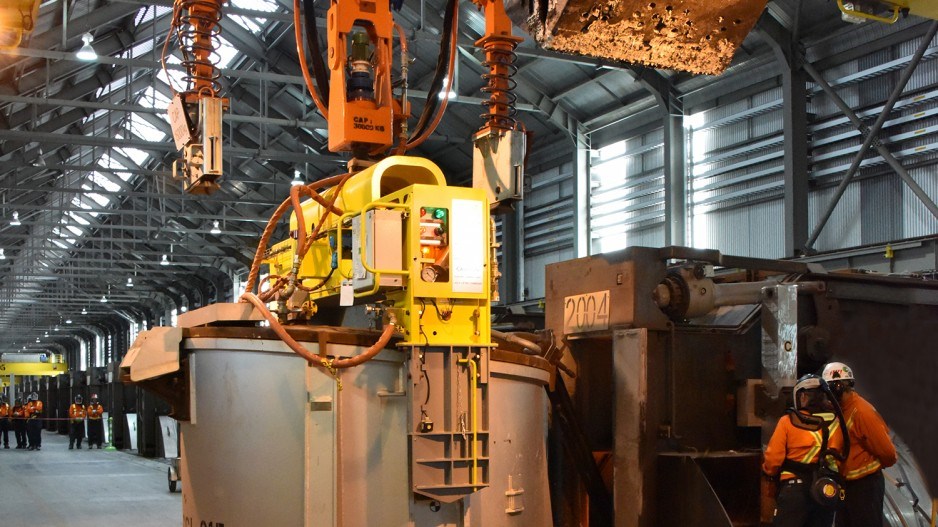A new carbon pricing scheme for heavy industry that the Mining Association of BC (MABC) recently questioned is now getting the MABC’s stamp of approval.
Starting April 1, heavy industries in B.C. will not pay carbon taxes the same way other British Columbians pay them. The B.C. government is moving to an output-based carbon pricing system for industry.
The new industrial carbon pricing scheme applies to industries that emit 10,000 tonnes of CO2 per year or more.
It will use a performance-based system to reward those industries that can operate with emissions that are lower than approved industry standards with carbon credits. Those that exceed the industry standards would have to buy offsets.
Just as the carbon tax increases annually, the output-based standards will tighten over time.
“Some people want to shut down industry, while others do not want any accountability for big polluters,” B.C. Environment Minister George Heyman said in a press release. “We think there is a better way to move forward, one that reduces climate pollution by providing both incentives and assistance to industry to reduce emissions.
“This approach ensures large polluters pay their fair share while people and communities here benefit from good jobs, a cleaner economy and a more secure future.”
The new system was recently criticized by MABC, with president Michael Goehring just last month warning that the output-based pricing system Victoria was planning could put local miners at a disadvantage compared to miners in other provinces because B.C. has higher carbon prices.
But the MABC, along with two of the biggest mining companies operating in the province, are now voicing support for the new carbon pricing system.
“We are pleased the provincial government recognizes the need for fiscal policy adjustments to help attract and retain investment in B.C.’s mining and critical mineral sector,” Goehring said in a news release Friday.
“The BC OBPS marks a step forward in narrowing the competitiveness gap between B.C., Ontario and Quebec, while maintaining B.C.’s position as a climate leader.”
“Teck appreciates the province’s focus on taking action on climate change and supporting the continued competitiveness of the mining sector as we work to achieve the shared goal of building B.C. as a responsible, leading critical minerals producer,” said Jonathan Price, CEO of Teck Resources (TSX:TECK.B,NYSE:TECK), in a statement.
The new output-based pricing system is being lauded by the Pembina Institute, Clean Energy Canada, Rio Tinto, the Climate Solutions Council and the Canadian Climate Institute.
"Output-based carbon pricing works,” said Dale Beugin, executive vice-president of the Canadian Climate Institute, in a statement. “It's a proven, effective way to reduce emissions while protecting businesses' competitiveness.
“By introducing its output-based carbon pricing system, B.C. is giving industries an incentive to cut emissions, while maintaining strong economic growth."




